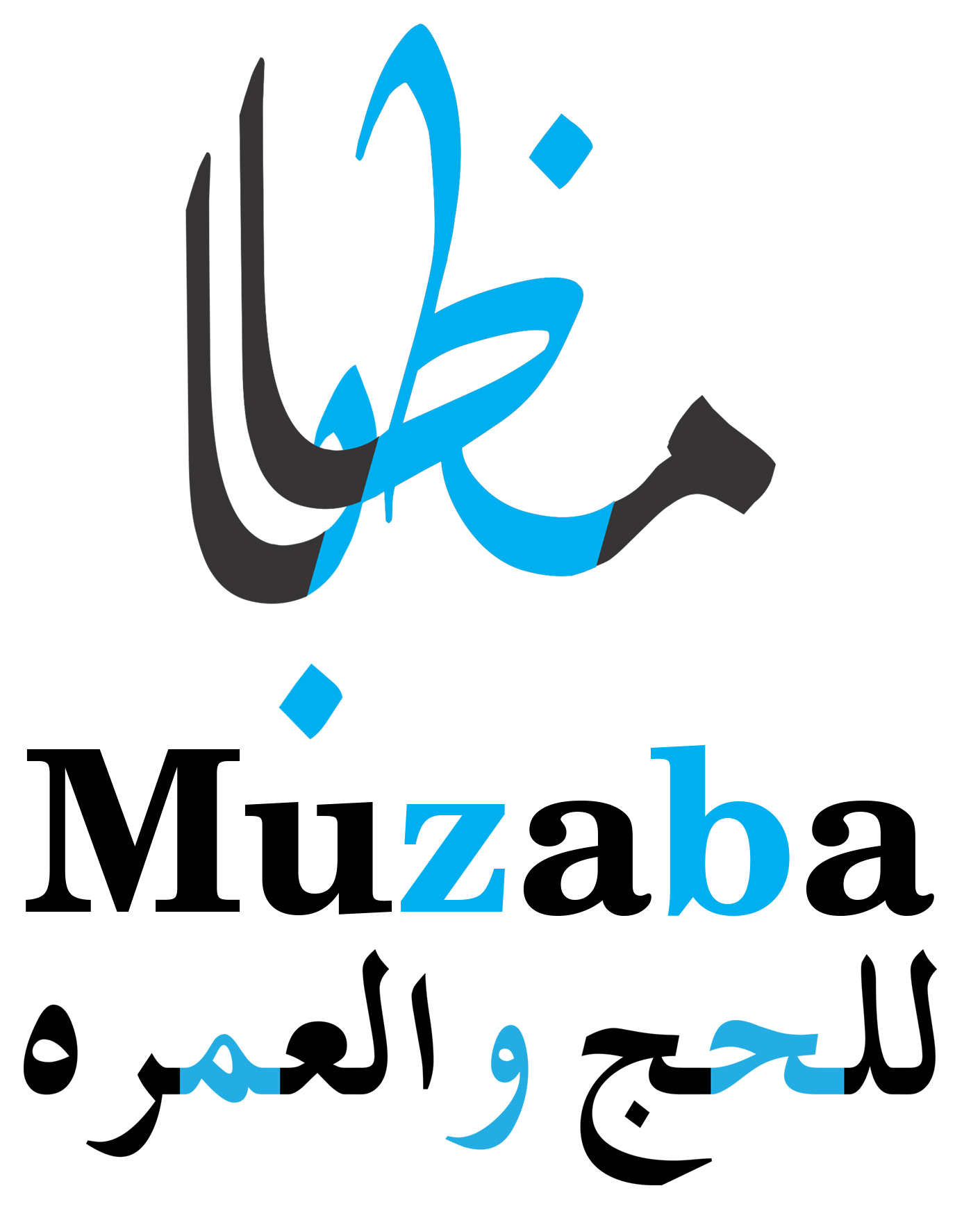Risk Factors for Due Diligence
Due diligence is a vital process of compliance that acts as a defense against financial crimes, such as money laundering and financing terrorists. As EDD requirements continue to expand, it’s essential that organizations come up with strategies that are flexible and address the unique dynamics of each region, while also ensuring they meet global best practices and industry standards.
Although it might seem like to be a time-consuming and laborious task doing due diligence can be a time-consuming and difficult task, it’s essential to business. The process usually covers two primary areas: the sale or purchase of services or goods, as well as mergers or acquisitions. In both cases due diligence is conducted to ensure that companies have all the information they need prior to committing to a transaction.
Businesses must verify the background of the company, its reputation, and affiliations of third-party organizations. This can be done through a review of internet search results such as questionnaires, verification and independent sources like business registries and watchlist databases. An in-depth analysis of the management structure is also essential. It is important to understand the ownership proportions of senior executives and founders. It is also important to determine if these individuals have sold shares in the past.
KYC/Know Your Customer checks are more thorough for customers with high risk as required by anti-money laundering laws and anti-terrorism financing regulations. This is based on a variety of factors, including the jurisdiction in which www.getvdrtips.net/a-comprehensive-guide-to-selecting-the-perfect-boardroom-software they operate, the type and amount of transactions they make and the source of funds used for these transactions. Additionally reviewing the AML policies and local market reputation via media sources is a great method to further refine risk assessments.
